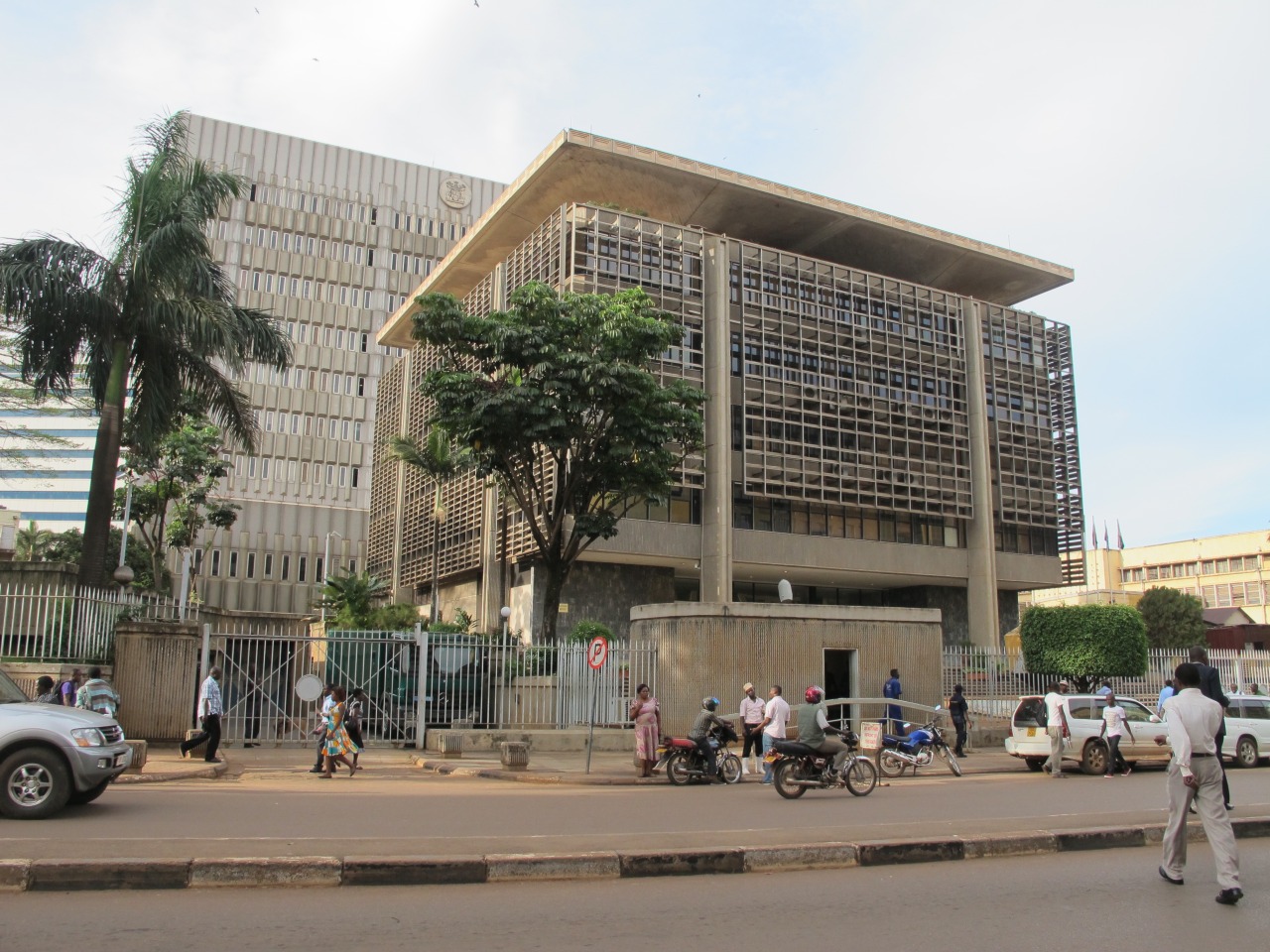UGANDA, Kampala | Real Muloodi News | Bank of Uganda is worried about the national debt, but the Ministry of Finance says that borrowing will reduce next year due to decreasing foreign aid sources.
There have been rising concerns over the growing national debt, which has increased by over 35% in the last year. As a result, the Central Bank and experts have advised the Ministry of Finance to lower its high borrowing levels as it has jeopardised the economy.
These decisions to borrow money happened before the announcement of the second lockdown; hence, the government could not anticipate the effects of the pandemic on the economy.
The warning stems from expectations that the national debt stock will equal 52% of the GDP by year-end, 2021.
Not only does a debt above 50% exceed the cap agreed between the International Monetary Fund and Uganda, but such a high percentage of debt also puts the country at significant risk and stress of servicing debt.
The government justified the escalating rates by saying that the money would be used for infrastructure and would be beneficial to the country in the long run.
During a post-budget conference called by the Uganda Revenue Authority, Julius Mukunda, the Chief Executive from the Civil Society Budget Advocacy Group, accused politicians of making demands that increased non-development expenditure. He further emphasised the correlation between borrowing and spending, and that is, borrow less spend less.
Michael Atingi-Ego, the Deputy Governor of Bank of Uganda, also warned the forum against overestimating the economy’s stability. While the strength of the Ugandan shillings against the US dollar is an economic indicator, he explains that this could only be temporary. As investors seek financial refuge in the Ugandan currency, they could quickly move their money back to the west at the first hint of a rising dollar.
How the Govt Expects to Close the National Debt Gap
COVID-19 has also brought about cuts and hardships for developing partners. The ministry has stated that borrowing will decline next year due to decreasing sources of foreign funds. So, the Ministry of Finance took measures to reduce domestic borrowing. They reduced the funds from Shs6.5 trillion this year to 2.9 trillion.
Next year URA expects to collect Shs22 trillion, covering half of the budget. Of this, Shs20.8 trillion will be from tax revenue, and Shs1.5 trillion from non-tax revenue. A further Shs200 billion is expected to the drawn from the Petroleum Fund.
The URA has introduced several technological advancements to help them achieve their revenue goals, among them:
- The Digital Tax Stamp System guarantees the verification of every product on the market for tax compliance.
- The Electronic Fiscal Receipting and Invoicing System (EFRIS) ensures that documents transactions at points of sale and that taxpayers remit tax requirements directly to URA.
- The Rental Tax Compliance System (rTCS) determines the highest priority individuals or corporations likely to be underpaying their rental income tax obligations. It has been estimated that 92% of rental income is not taxed, which denies government close to Shs710 billion annually.
The government will continue to intervene in the financial market to stabilise systems where the private sector cannot. It is expecting growth in the coming years, especially from the oil sector.
READ MORE LIKE THIS:
WATCH: The Uganda Revenue Authority Vows to Do Things Differently



